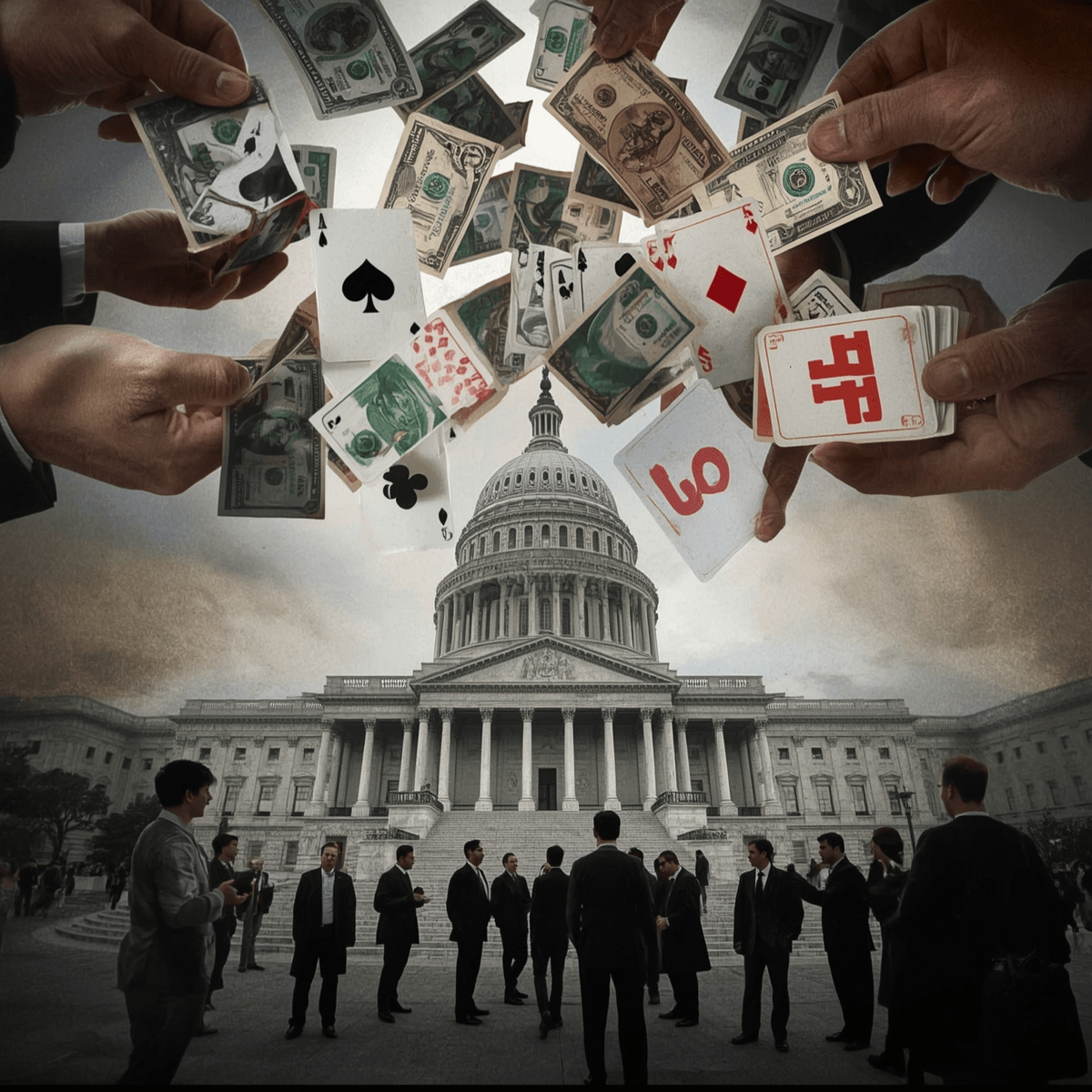Asia Declares Silent War on the Dollar: The Race to Control Stablecoins
In the face of the GENIUS law's advance in the U.S. and the ghost of Trump, the region is accelerating regulations to avoid the digital hegemony of the dollar.

The ghostly return of Donald Trump to the U.S. political scene and a dark law called GENIUS have raised alarms in Asia's financial centers. They fear a new form of monetary colonialism: digital dollarization. While Washington promotes dollar-backed stablecoins, from Hong Kong to Seoul, they're rushing to create legal barriers and promote local alternatives. The battle for control of digital money has begun.
The GENIUS Law
The newly approved U.S. law GENIUS –designed to boost digital tokens linked to the dollar– is seen as a Trojan horse. "If dollarized stablecoins (like USDT or USDC) dominate our markets, we will lose monetary sovereignty," warns an analyst from the Bank of Korea. Bloomberg reveals that Asian economies anticipate capital flight, exchange rate pressure, and vulnerability to U.S. political decisions.

The Asian Response: Express Regulation
Hong Kong: The First Movement
Since August 1, the Monetary Authority (HKMA) requires mandatory licenses, quarterly audits, and 100% backing in liquid assets for stablecoin issuers. "It won't be an easy path: the first licenses won't arrive until 2026," confirms a local regulator.
Singapore and Japan: The Quality Backing
Singapore bets on reserves in government bonds and draconian anti-money laundering protocols. Japan –the country with the most advanced crypto regulations in Asia– is adjusting its laws to include stablecoins in yen, prioritizing "innovation without systemic risks."
South Korea: The Paradox
With $41 billion in stablecoin transactions in just three months (Q1 2024), the Democratic Party is pushing for a law to issue versions in won. But the Central Bank resists: "Our monetary policy is at risk," warns its governor.
China: The Cautious Giant
Although it bans cryptocurrencies, giants like Ant Group and JD.com are pushing to create stablecoins in yuan. The People's Bank of China (PBOC) is halting the initiative: "Private issuance undermines the role of central banks," declared its governor Pan Gongsheng. For Beijing, monetary control is a matter of national security.

The Geopolitics of Stablecoins
Asian fear has two faces:
1. Competitiveness: If the U.S. relaxes its crypto policy (as a possible Trump administration anticipates), digital finance will migrate there.
2. Forced Dollarization: If tokenized dollars prevail, Asian currencies will be relegated to the background.
"It's not just technology: it's sovereignty," summarizes an economist from Singapore.
The Battle for the Future of Money
Asia is not banning stablecoins: it is redefining the rules for the yuan, won, or digital yen to compete equally. While the GENIUS law pushes the dollar into the tokenized era, the region responds with fierce speed. The message is clear: the monetary dominance of the 21st century will not have a single owner.
